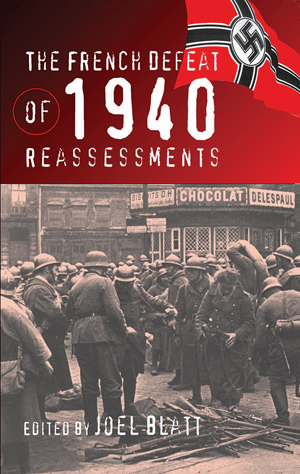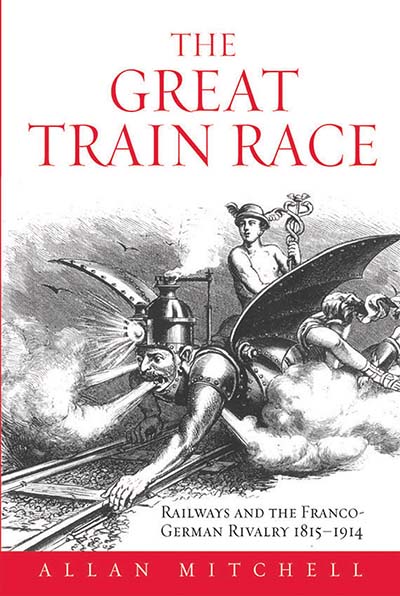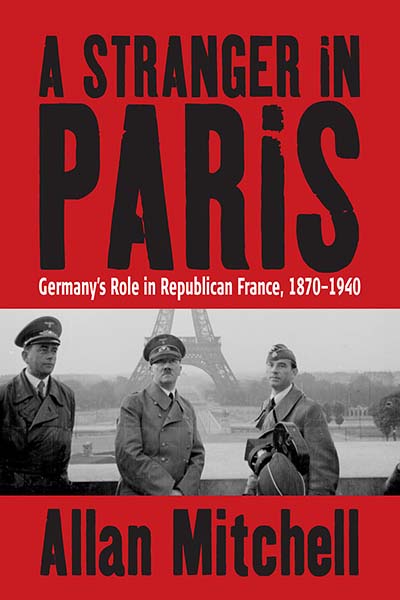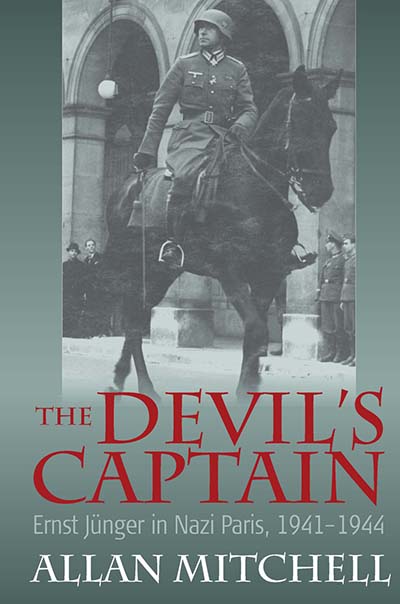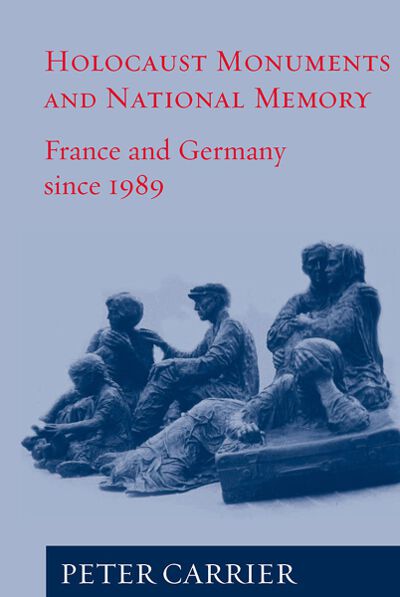
See Related
History JournalsEmail Newsletters
Sign up for our email newsletters to get customized updates on new Berghahn publications.
Holocaust Monuments and National Memory
France and Germany since 1989
Peter Carrier
280 pages, 15 illus., bibliog., index
ISBN 978-1-57181-904-8 $135.00/£104.00 / Hb / Published (March 2005)
ISBN 978-1-84545-295-7 $34.95/£27.95 / Pb / Published (September 2006)
eISBN 978-1-78238-961-3 eBook
Reviews
“One strength of Carrier’s book is the way he charts these debates, showing how they were symptomatic of a wider struggle over national memory. Another great strength of this book is its thorough and informative knowledge of theoretical literature on memory and memorials, a knowledge which Carrier – to his enormous credit – does not simply parade before us but actually applies to the objects of his study…a superb book.”- European History Quarterly
"[Carrier] argues convincingly that what really matters about these memorials is not so much the finished product as the social and political context in which they were mooted, conceived and built – and the empirical context in which they are subsequently interpreted… Another great strength of this book is its thorough and informative knowledge of theoretical literature on memory and memorials. - European History
"Carrier's analysis of the form and the multidimensional meaning of the monuments is insightful. One of the most important contributions of this book is its argument that sites of memory produce not only social consensus but also dialogue and competition between the victims." - German History
Description
Since 1989, two sites of memory with respect to the deportation and persecution of Jews in France and Germany during the Second World War have received intense public attention: the Vélo d'Hiver (Winter Velodrome) in Paris and the Monument for the Murdered Jews of Europe or Holocaust Monument in Berlin. Why is this so? Both monuments, the author argues, are unique in the history of memorial projects. Although they are genuine "sites of memory", neither monument celebrates history, but rather serve as platforms for the deliberation, negotiation and promotion of social consensus over the memorial status of war crimes in France and Germany. The debates over these monuments indicate that it is the communication among members of the public via the mass media, rather than qualities inherent in the sites themselves, which transformed these sites into symbols beyond traditional conceptions of heritage and patriotism.
Peter Carrier is Visiting Fellow at the International Study Centre of Queens University at Herstmonceux, UK. He has taught at the universities of Tübingen, Paris VII, Berlin, and at the Central European University in Budapest, and was DAAD Research Fellow at the Maison des Sciences de l¹Homme in Paris. He has published widely on the impact of contemporary arts on collective memory and historical identities.

